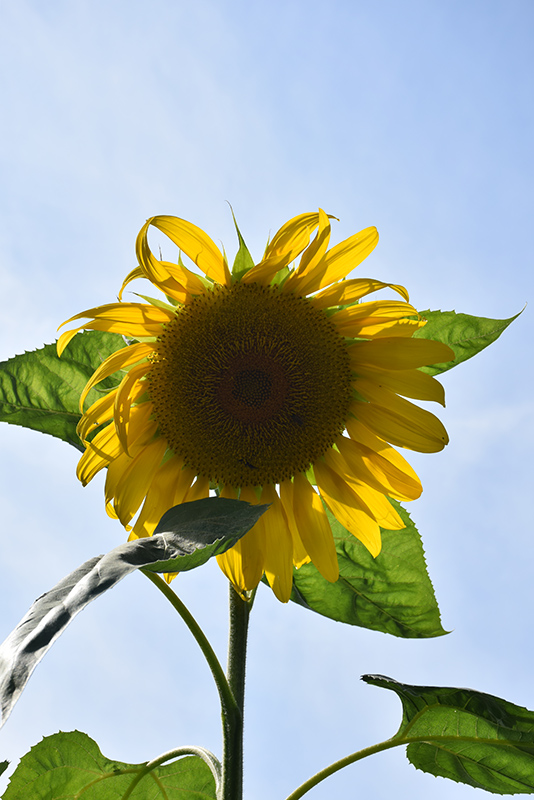Height: 12 feet
Spacing: 24 inches
Sunlight:
![]()
Hardiness Zone: (annual)
Description:
One of the tallest varieties, reaching upwards of 12' tall; extra large golden yellow bloom heads measure a whopping 24" across; forms very thick stalks, staking is not required; produces an abundance of delicious seeds that can be roasted
Ornamental Features
Titan Sunflower has masses of beautiful semi-double yellow daisy flowers with harvest gold eyes held atop the stems from mid summer to mid fall, which are most effective when planted in groupings. Its pointy leaves remain dark green in color throughout the season.
Landscape Attributes
Titan Sunflower is an herbaceous annual with an upright spreading habit of growth. Its medium texture blends into the garden, but can always be balanced by a couple of finer or coarser plants for an effective composition.
This is a relatively low maintenance plant, and may require the occasional pruning to look its best. It is a good choice for attracting birds, bees and squirrels to your yard. It has no significant negative characteristics.
Titan Sunflower is recommended for the following landscape applications;
- Accent
- Mass Planting
- General Garden Use
Planting & Growing
Titan Sunflower will grow to be about 12 feet tall at maturity, with a spread of 24 inches. When grown in masses or used as a bedding plant, individual plants should be spaced approximately 24 inches apart. The flower stalks can be weak and so it may require staking in exposed sites or excessively rich soils. This fast-growing annual will normally live for one full growing season, needing replacement the following year.
This plant should only be grown in full sunlight. It does best in average to evenly moist conditions, but will not tolerate standing water. It may require supplemental watering during periods of drought or extended heat. This plant is a heavy feeder that requires frequent fertilizing throughout the growing season to perform at its best. It is not particular as to soil type or pH. It is highly tolerant of urban pollution and will even thrive in inner city environments. This is a selection of a native North American species, and it is considered by many to be an heirloom variety.; however, as a cultivated variety, be aware that it may be subject to certain restrictions or prohibitions on propagation.

